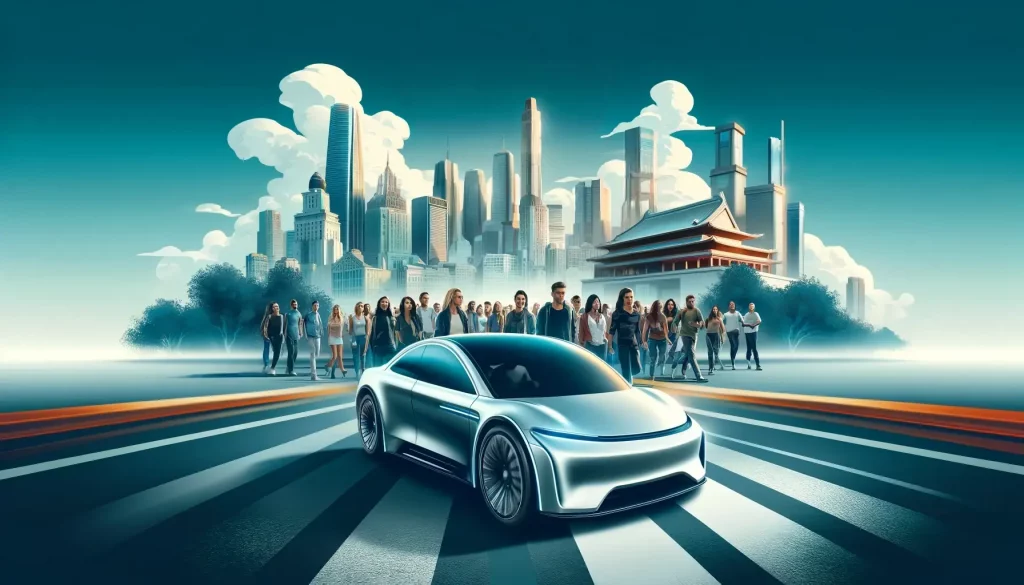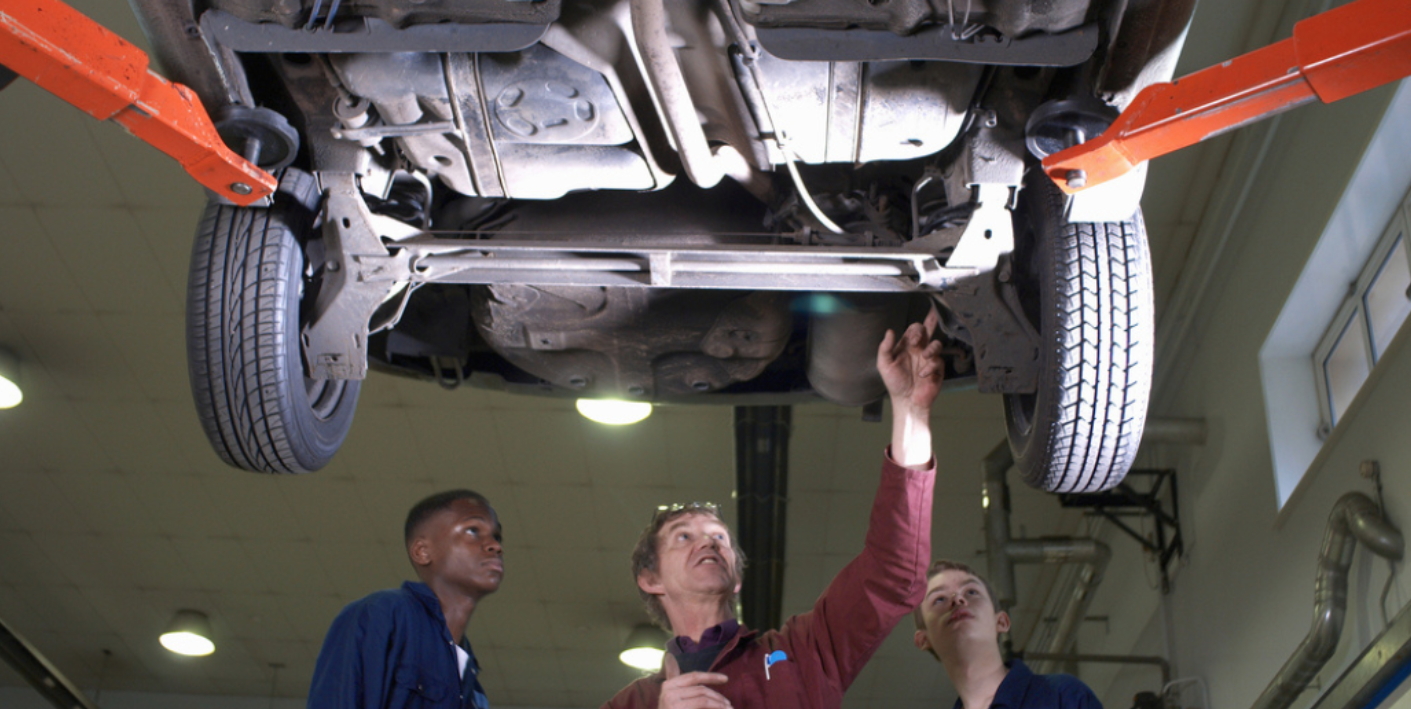In an intriguing twist of consumer sentiment, the next wave of cars on American roads might roll straight out of China. A recent AutoPacific survey has some eyebrow-raising data: nearly half of the American respondents are already tuned into Chinese vehicle brands, despite none currently being sold stateside.
What’s even more compelling is the generational shift in attitudes. A robust 76% of Americans under 40 are open to purchasing vehicles from Chinese manufacturers, a figure that contrasts with the mere 26% acceptance among those aged 60 and older. The younger drivers seem ready to embrace new horizons in automotive innovation, potentially gearing up for an East-meets-West revolution in their garages.

Survey Reveals American Openness to Chinese Car Brands (PDF)
The Allure of Chinese Cars
The allure? It isn’t just about affordability or novelty. Chinese automakers are charging ahead with cutting-edge electric vehicles (EVs) that promise high-tech interiors and eco-friendly rides. Take the Lincoln Nautilus, for instance—though not a Chinese brand, this U.S.-sold model is manufactured in China and features luxury rivaling German cars, with sprawling dashboard screens and plush seating. It’s a testament to Chinese manufacturing prowess, blending luxury with technology.
Privacy Concerns and Data Security
However, it’s not all smooth driving ahead. The survey revealed significant privacy concerns, with 44% of respondents wary about data security in Chinese cars. Yet, a surprising 73% of the under-40 crowd would still consider a Chinese brand, prioritizing innovative technology over potential privacy pitfalls. It’s a bumpy road to trust but one that many young Americans seem willing to navigate.
National Security Issues
The plot thickens with national security considerations. Most of all age groups perceive the potential presence of Chinese vehicles on American streets as a national security issue, ranging from cautious to downright skeptical. Nevertheless, there’s a notable openness to one compromise: 39% of young Americans indicate they would be more likely to buy if these cars were assembled in North America, suggesting that local manufacturing could be the golden ticket to winning over the U.S. market.
The Proximity Factor
And what if these vehicles came from closer neighbors? The survey notes that if Chinese cars were made in Mexico and sold in the U.S., 37% of all respondents—and 73% of the under-40s—would consider buying them. It seems proximity might soften concerns, aligning with a broader trend of globalization in the auto industry.
Political and Economic Roadblocks
Yet, political speed bumps emerge just as the wheels begin to turn. The Biden Administration’s recent decision to impose a 100% tariff on Chinese-built electric vehicles throws a wrench into what could have been a smooth entry. This move signals a turbulent path ahead, filled with tariffs and tech debates, privacy concerns, and patriotic tensions.
Conclusion: A New Chapter in Automotive History?
From tariffs to technology, the conversation around Chinese cars is getting into gear, and the stakes are high. Will these wheels roll into the U.S. market, or will they spin out under the pressure? The younger generation’s enthusiasm might be the driving force that propels these vehicles into American lives, potentially marking a new chapter in automotive history. Are you ready to see Chinese cars cruising down American streets?





